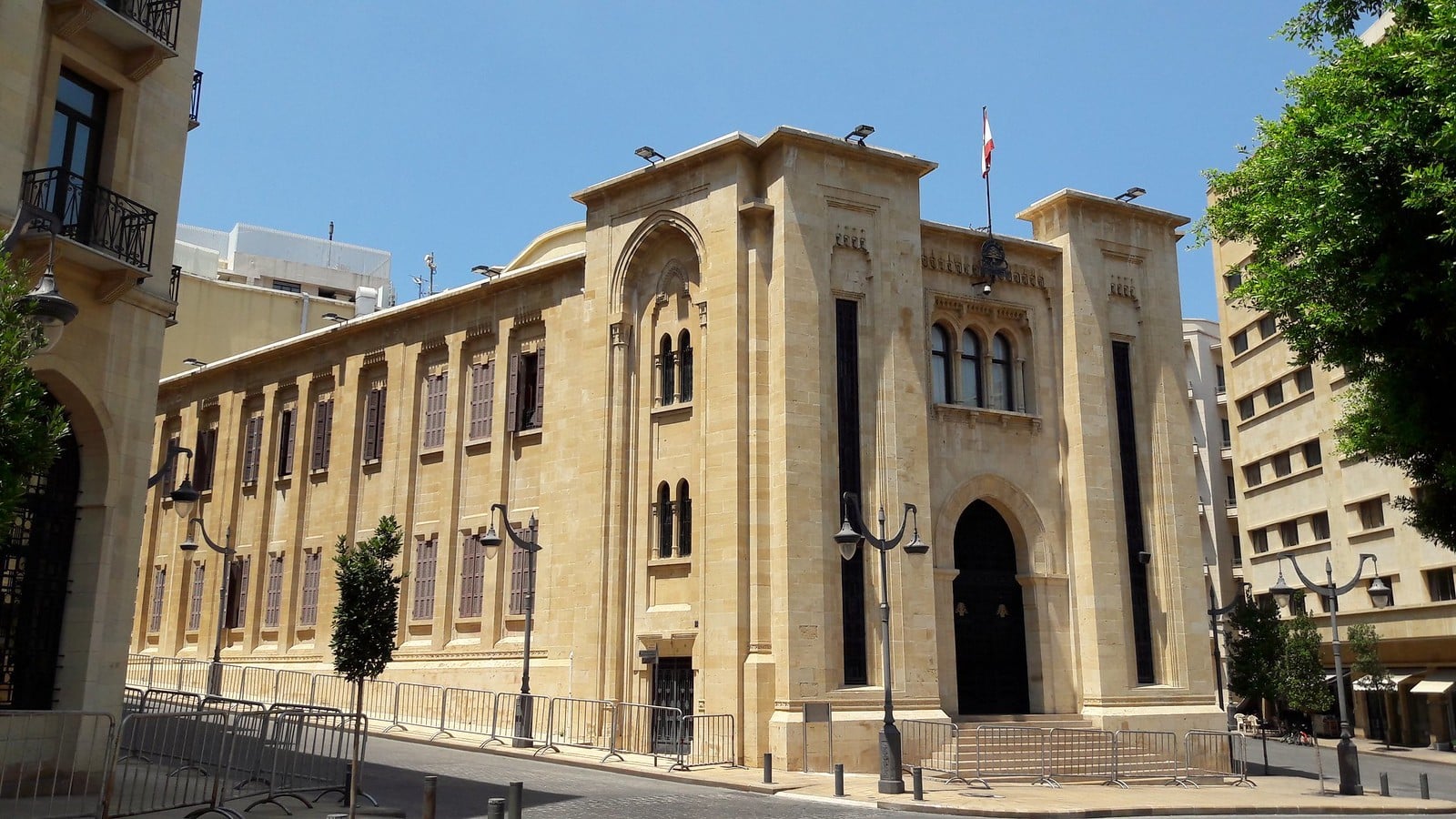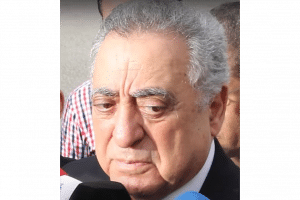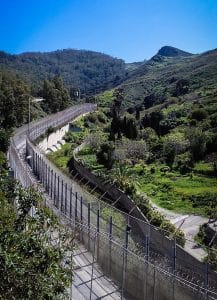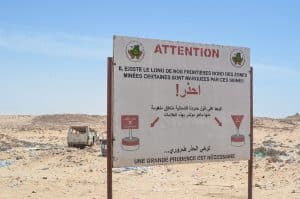Last Monday dozens of Moroccan Human Rights activists and demonstrators staged a sit-in outside the Rabat court where journalist Hajar Raissouni’s trial would take place. Hajar Raissouni is facing trial on charges of abortion and sex outside marriage for which she could be jailed for a maximum of two years. The protestors and human rights activists were holding portraits of Hajar Raissouni and scanned “What a shame freedoms are in danger, what a shame journalism is in danger”. The presence of demonstrators was one of the reasons why, after several hours of consultation, the Rabat District Court postponed the trial until 16 September.
The arrest of Hajar triggered an online debate on civil liberties
On August 31, Hajar Raissouni was detained as she left a clinic in Rabat along with her Sudanese fiancé Rifaat Al-Amin, a doctor and a nurse. Her arrestation is on charges of abortion and sex outside marriage. Hajar is a member of a well-known family and journalist for Akhbar Al Yaoum. Akhbar Al Yaoum is an independent and critical newspaper against whom the authorities have taken severe measures since its creation in 2009. Hajar, for instance, published in May 2019 a series of interviews with Ahmed Zefzafi, father of Nasser Zefzafi, the Hirak El-Rif protest movement leader. Her uncle, Suleiman Raissouni also works for Akhbar Al Yaoum as editor-in-chief and is known for his critical columns. Another uncle, Ahmed Raissouni is a prominent Islamist leader of the Movement for Unity and Reform which is a leading Islamist group with ties to the Justice and Development Party (PJD) and who has opposed abortion and extramarital sex.
Hajar denied the charges against her and said she had been undergoing treatment for internal bleeding. Moreover, she states that her arrest was politically motivated because she was interrogated by security forces about her private life and her work as journalist. Hajar’s case triggered an outstanding debate in the media and online about civil liberties and freedom of the press in Morocco. This case caused different reactions including Morocco’s public prosecutor who said that Raissouni’s arrest was a legal matter and not connected to her job as a journalist. Amnesty International and Human Rights Watch on the other hand, are joining social media users in calling for Raissouni’s release. Activists state, moreover, that the charges are also part of a crackdown on reporters critics on the government and were intended to embarrass her family. Controversial MP of PJD, Amina Maelainine surprisingly responded to this case by joining the choir of advocates of women’s rights. In a Facebook message she wrote that norms and rules that impose social projections on women are outdated and should be treated accordingly. These are laws that prevent many ‘traditional’ societies from achieving ‘democracy, dignity and development’. This is unexpected because she was one of the most vigorous voices of a prudish public life and creates now a more modern voice. Whether her response is because of heartfelt advocacy or pure opportunism can be read on Morocco World News
The violation of Hajar’s rights ensures international attention
Hajar’s detention has thus caused an international outcry, with rights groups accusing Moroccan authorities of violating the journalist’s privacy and numerous other rights. Hajar is being charged for alleged private behavior that should not be criminalized in the first place. Under international law women have a right to bodily and personal autonomy while under Moroccan law sex outside of marriage is a criminal offence as well as abortion (except if mother’s life is in danger). Authoritative understandings of international law have determined that countries denying access to legal abortion endanger human rights such as life, health and freedom from inhuman and degrading treatment. On September 5, prosecutor Abdeslam Al-Imani issued a communiqué which was widely distributed to the media and entailed details of the accusations against Raissouni. It also included personal details related to her sexual and reproductive health, in violation of her right to privacy. Morocco’s arrest, prosecution, and brutal violation of Hajar private life illustrate lack of respect of individual freedoms and the selective enforcement of unjust laws to punish critical journalism and activism.
Hajar’s case is a stark reminder of the urgent need to repeal Morocco’s laws criminalizing sex outside marriage and abortion. It also shows that the laws are archaic and incompatible with the transformations that have taken place in Moroccan society. The moment of arrestation is also important since it shows a new light on Morocco’s ban on abortion weeks before parliament is due to consider amendments to allow it in cases of rape, incest or malformation of the foetus. “The Hajar affair offers an opportunity to broaden the debate on a number of provisions in the Moroccan penal code which can be used to violate private life and limit spaces for self-expression,” according to Amina Maelainine.
Sources: France24 Reuters Middle East Eye Amnesty Morocco World News 1 HRW Nouvelobs Morocco World News 2



